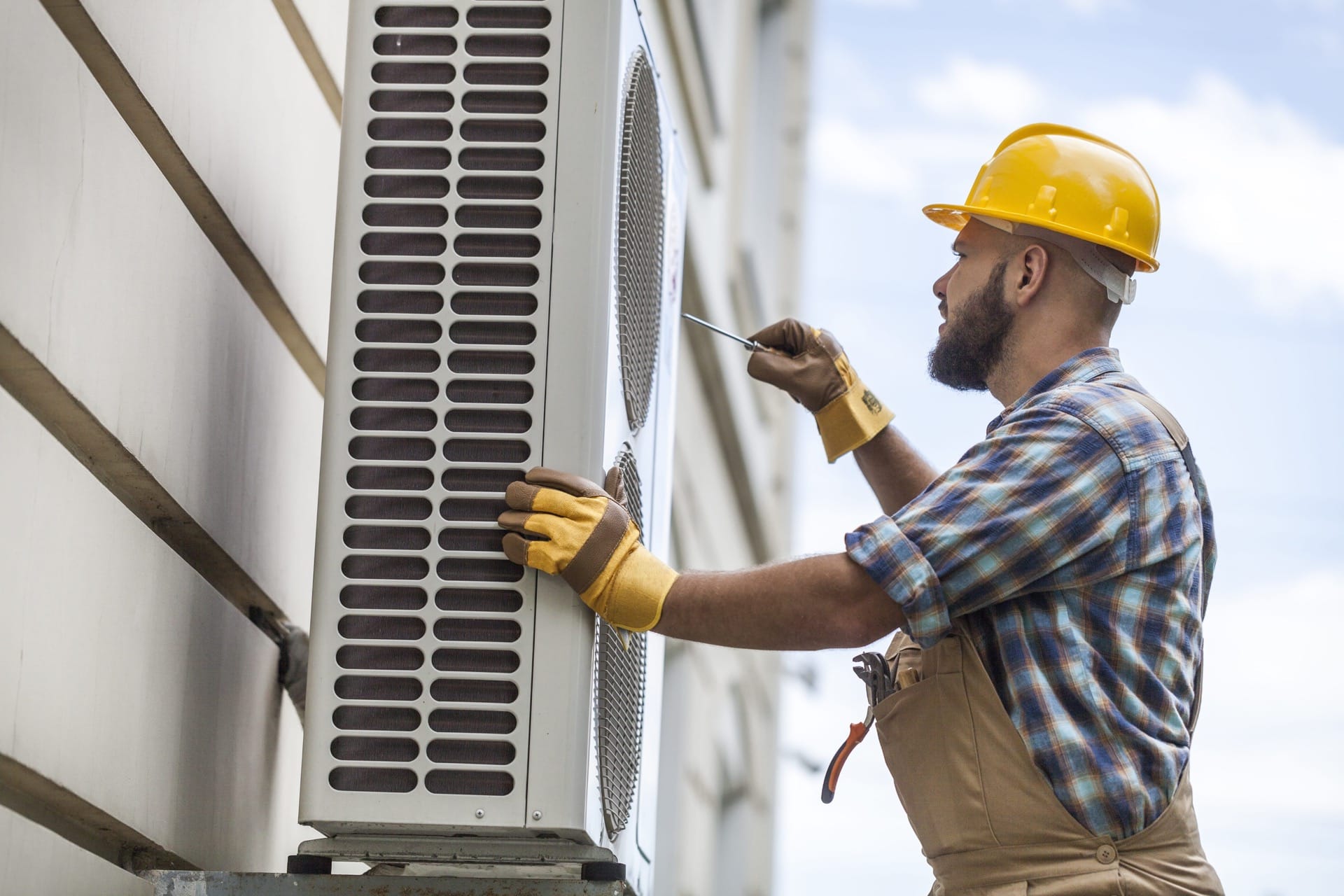In terms of home comfort, a limited number of systems are as crucial as your HVAC system. Grasping what HVAC is can be the first step towards guaranteeing a comfortable domestic atmosphere year-round. Whether you're facing the cold of winter or the sweltering summer heat, having a reliable heating and cooling system is essential for maintaining an pleasant indoor atmosphere. In this article, we will explore everything you need to know about HVAC systems, from their basic functions to frequent problems that could happen and how to effectively tackle them.
A lot of homeowners might be inclined to tackle HVAC repairs on their own, particularly when confronted with minor problems or common maintenance tasks. However, discerning when to make a DIY attempt and when to seek the assistance of a trained expert can help you preserve both time and costs. We will explore some of the prevalent HVAC issues, provide tips for maintaining your system's performance, and emphasize the significance of expert assistance in certain situations. Ultimately, this guide, you will feel more confident in managing your HVAC system while knowing when to reach out to the professionals.
Grasping Heating, Ventilation, and Air Conditioning Systems
Heating, Ventilation, and Air Conditioning stands for Heating, Ventilation, and Air Conditioning, and it plays a key role in maintaining indoor well-being in homes and businesses. Such systems are designed to regulate temperature and ventilation, ensuring that areas remain comfortable no matter the outdoor conditions. A basic HVAC system typically includes components such as a furnace for heating, an AC unit for cooling, and a fresh air exchange system to distribute air and renew indoor atmospheres.
The functioning of these systems is rooted in the laws of heat transfer and airflow dynamics. Heating is performed through different techniques, such as natural gas, electricity, or heating oil, while cooling is mostly executed through coolants circulating in the system. Ventilation ensures clean air enters a space while getting rid of stale air, which is essential for comfort and safety. Comprehending how these components work collaboratively can help homeowners effectively handle their systems and spot problems early on.
Consistent upkeep and knowledge of how to use these systems can lead to enhanced efficiency and longer lifespans. Simple actions such as changing air filters frequently, ensuring vents unobstructed, and arranging professional check-ups can substantially enhance system performance. By understanding the principles of HVAC, individuals can make informed decisions about their heating and cooling needs, contributing to a more pleasant and energy-efficient living environment.
Typical Heating, Ventilation, and Air Conditioning Issues and Solutions
One of the frequently frequent problems homeowners encounter is a lack of heating or cooling. This issue can stem from different sources, such as a dirty air filter, which limits airflow and diminishes the system’s effectiveness. To address this, regularly check and change air filters every 1 to three months, depending on usage frequency. Additionally, checking the thermostat settings and making sure that the unit is set to the correct temperature can aid alleviate the issue. If issues persist, it may be required to inspect for refrigerant leaks or reach out to a specialist.
Another common issue is strange noises coming from the HVAC system, such as thumping, whistling, or squealing sounds. These noises can suggest unsecured parts, worn-out bearings, or issues with the compressor. Homeowners can initiate by securing loose components and confirming that all access panels are securely in place. If the noises continue, it might be appropriate to call an HVAC technician to determine and resolve any underlying mechanical problems.
In conclusion, inconsistent temperatures across the home can be a frustrating issue. This can be caused by insufficient insulation, blocked vents, or problems with the ductwork. To improve airflow, confirm that vents are not cluttered by furniture or any obstacles. Fixing any leaks in ductwork can also encourage more even heating and cooling. For more serious airflow issues or recurring discomfort, it may be wise to consult a technician to evaluate and improve the overall HVAC system and home insulation.

Optimizing Energy Use and Maintenance Recommendations
To improve the energy efficiency of your HVAC system, consider getting a programmable thermostat. Such devices allow you to set specific levels for various times of the day, maximizing energy use while maintaining comfort. For example, you can program your thermostat to reduce heating or cooling when you are away, thus saving energy and lowering your utility bills.
Routine maintenance is crucial for ensuring your HVAC system functioning efficiently. Schedule seasonal tune-ups to make sure that all components are in excellent shape. During these check-ups, professionals can service coils, examine ducts, and replace filters, which helps prevent larger issues down the line. Additionally, swap out your air filters every 1 to 3 months to maintain airflow and improve indoor air quality, directly affecting the efficiency of your system.
Focus on your HVAC system's insulation and sealing. Make sure ducts are adequately sealed to avoid air leaks and think about adding insulation to areas like the attic and walls to minimize energy costs. Enhancing air conditioning Dallas helps your HVAC system operate less strenuously to achieve the desired temperature, which results in overall energy savings. Consistently inspect and check areas around your home to ensure a comfortable and energy-efficient living environment.
